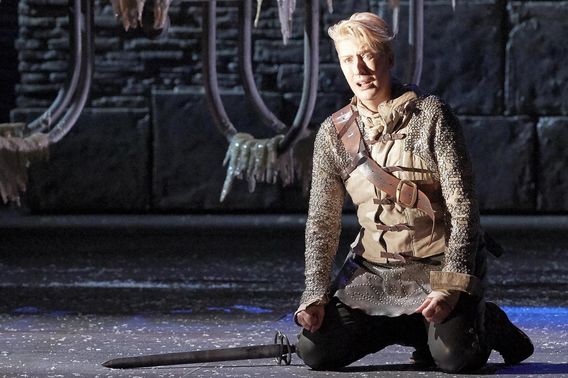Possibly the greatest Biritish advertisement
Repeated at the correct tempo
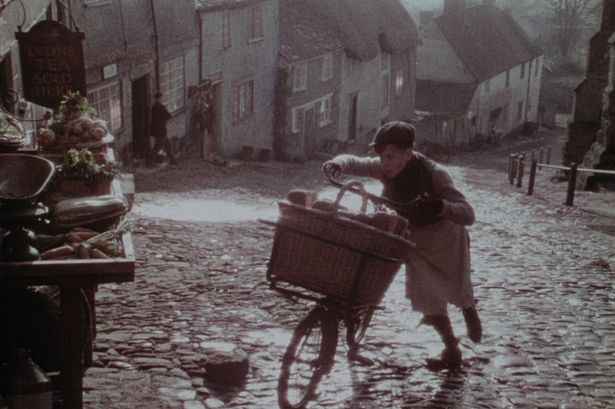
Possibly the greatest Biritish advertisement
Repeated at the correct tempo

This just dropped in from Rocco L. Bitondo, of Rome Opera.
I think I’ll adopt the one on the left.
It’s a frightful Spring.

But we’ll get through.
Oh, there’s one more. Even funnier.
Just in:
(SF, March 25, 2020) The Salzburg Festival has a clearly defined plan with several levels to prepare decisions about whether the Festivals at Whitsun and in the summer can take place.
Level 1 was triggered on 16. March. Following guidance provided by the authorities, since that day all Festival theatres, offices and workshops have been closed, currently until 13. April. This means that all employees, including for example those in the ticket office, who can work from home are doing so via telecommuting, including the Directorate itself, of course.
The second level requires a decision on 15. April. At that point a decision must be made whether the Whitsun Festival, which is scheduled from 29. May to 1. June, can take place as planned. Artistic Director Markus Hinterhäuser is in continuous exchange about this with Cecilia Bartoli, the Whitsun Festival’s artistic leader. She is full of optimism and also already considering alternatives, should shortened rehearsal periods require programme changes.
Level 3 will become necessary on 30. May. By this point, a decision must be reached whether, and possibly in which form, the centenary edition of the Festival can take place. Of course, the Festival has already worked out various scenarios for this.
Artistically, the Salzburg Festival is well-prepared for both festivals, and able to make up for the phase of inactivity caused by present closures.
Both decisions, however, do not depend on the Festival’s leadership, but on the development of the coronavirus pandemic and the political decisions it requires. In order to eradicate the virus, we must all stand together. Therefore, health takes priority over all artistic and economic issues. However, there is hope that the Festival will be able to celebrate its anniversary with music and theatre.

Below is the latest handout just announced by Arts Council England and the BBC.
The flaw?
Those artists who have something to say will be doing so already. The others will just cobble a piece of work together for a quick payday. Clearly both organisations are doing their best to come up with some money for in-need artists. But this is not the way to go about it.
Here’s the scheme:
BBC Arts with Arts Council England, as part of an ongoing relationship, is launching a Culture in Quarantine fund for around 25 established England-based artists of any discipline to produce new works in creative media – video, audio and interactive.
Commissions do not need to be about the current emergency, but they do need to adhere imaginatively and lawfully to the principles of self-isolation. Depending on their nature, each work will be hosted by the BBC online and/or on-air.
We will be inviting brief expressions of interest explaining your idea, how it could be made, and a ballpark budget by Wednesday 8 April. Ideas can be submitted by artists or by the organisations that represent them. Collaborations between artists of different disciplines are welcome.

Andreas Pieske, chorus director of Leipzg Opera from 1960 to 1990, has died aged 91.
He was credited with creating ‘one of the best opera choirs in German-speaking countries’.
After retirement, he taught at various universities for almost 30 years.
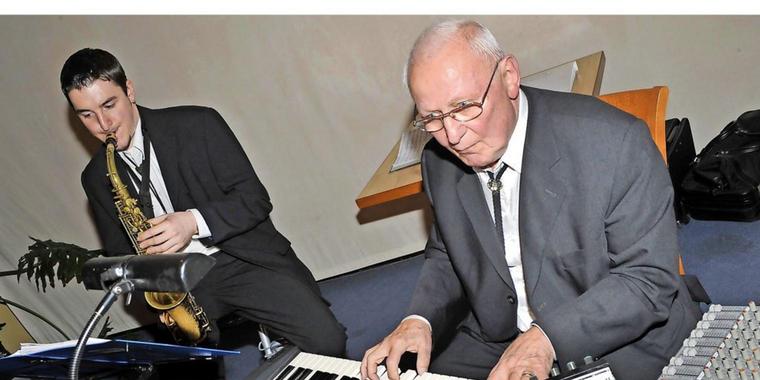
We shared with you a couple of days back the letter from the Met’s general manager requesting ‘urgent gifts’ from patrons to keep the company alive, after he’d refused to pay contracted soloists or any of the musicians in the orchestra and chorus.
Well, tenor Zach Finkelstein reports that he sent the letters to at least six of the soloists he’d sacked.
At least six Met soloists who were recently laid off via Force Majeure, including one who did not receive any communication from the Met and was laid off in a Tweet, confirm receiving the email.
Too late for sensitivity training, I guess.
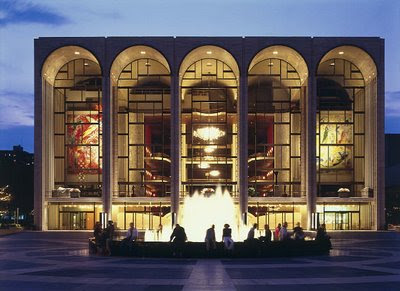
Monika Grütters, the culture minister, has joined Kirill Petrenko, chief conductor of the Berlin Philharmonic and Bavarian State Opera, at the head of a foundation to raise funds for freelance musicians across the country.
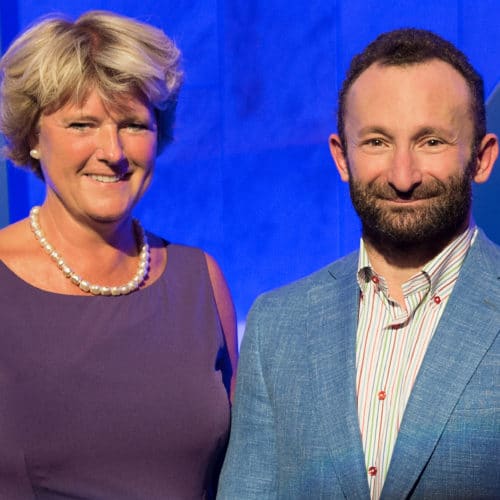
photo (c) Ritterhaus
press release:
German Minister of State for Culture and the Media Monika Grütters and Chief Conductor of the
Berliner Philharmoniker and General Music Director of the Bayerische Staatsoper Kirill Petrenko
Assume Patronage of the Fund-Raising Drive of the German Orchestra Foundation
The German Minister of State for Culture and the Media Monika Grütters and Kirill Petrenko, Chief
Conductor of the Berliner Philharmoniker and General Music Director of the Bayerische Staatsoper in
Munich, have jointly assumed the patronage of the national fund-raising drive of the German Orchestra
Foundation (#MusikerNothilfe).
The musicians of the Berliner Philharmoniker are participating substantially and, together with their chief
conductor, appeal for contributions to this campaign.
Monika Grütters said: »For the many freelance musicians in orchestras and ensembles, the cancellations
of their concerts and projects result in losses of income which are a threat to their livelihood. Because
solidarity is more necessary than ever in this situation, I am deeply grateful to Kirill Petrenko for
immediately supporting the incentive of the German Orchestra Association and its Orchestra Foundation
with his generous contribution to an emergency aid fund for musicians. I hope that his example will set a
precedent, also in other sectors. Therefore, I have gladly assumed the patronage of the initiative of the
Orchestra Foundation. In order to stimulate cultural life in Germany as quickly as possible after this crisis,
in addition to the unprecedented emergency measures of the federal government, we also particularly
need the commitment of civil society and the solidarity of the strong with the weaker. I am convinced that
if we who love music collaborate in this way, we will have the best chance that our musical culture will
not suffer irreparable damage.«
On behalf of the entire Berliner Philharmoniker Foundation, Andrea Zietzschmann, General Manager of
the Berliner Philharmoniker Foundation, Chief Conductor Kirill Petrenko and Orchestra Board Member
Alexander Bader said: »With this campaign, everyone who has the privilege of a fixed salary or greater
reserves at the moment can support those whose livelihood is threatened as a result of the current
dramatic situation. Together we appeal to you to contribute. Help us preserve the cultural life we all know
and love!«
With the emergency aid fund the Foundation, which after ten days has already collected more than
420,000 euros, will help needy freelancers who currently find themselves in a social crisis. A sum of up
to 500 euros will paid out to those affected before Easter, until the government assistance is distributed.
The donation account is:
Deutsche Orchester-Stiftung – Reference: Nothilfefonds
IBAN: DE35 1004 0000 0114 1514 05
BIC: COBADEFFXXX
In Israel, with one of the toughest stay-home regimes on earth, the Jerusalem Street Orchestra asked its friends, young and old, to get out their instruments and play Mozart.
The result is absolutely heartlifting. You see it here first:
Edit credits: Yuval Amit and Culiner Creative Circle.
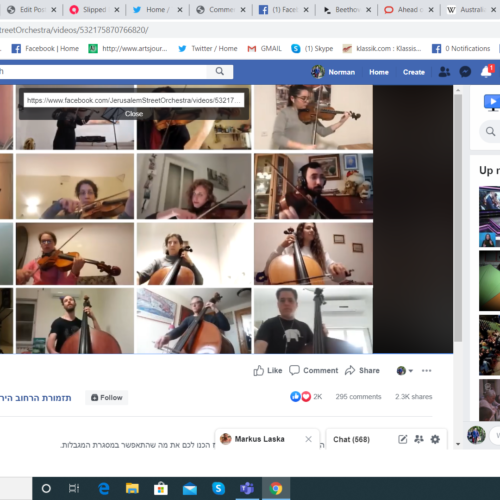
And here’s another distanced performance from the same place:
Just in:
In an effort to mitigate the spread of COVID-19, to protect our artists, staff and communities, and in line with recommendations from both international and U.S. public health officials, the Menuhin Competition Trust and the Richmond Symphony have decided to postpone the Menuhin Competition Richmond 2020 until May 13-23, 2021. Further information will be released in due course.
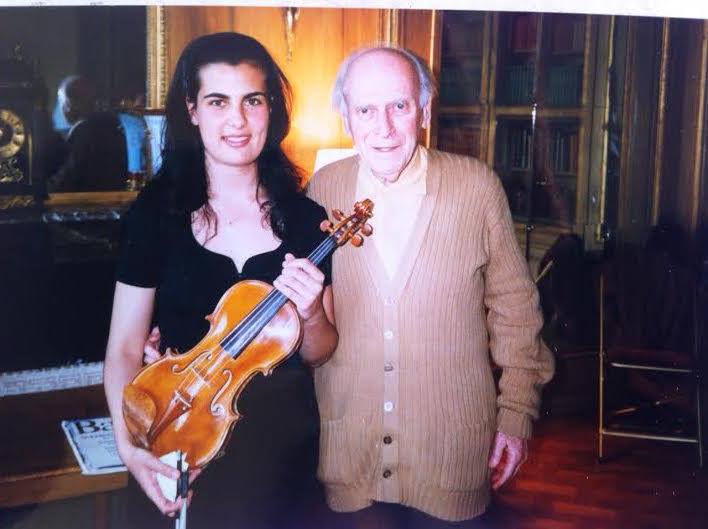
In the spirit of The Song of Names, we shall try to collate a weekly list of the victims in our global community.
So far, we have recorded:
1 Luca Targetti, former artistic director of La Scala
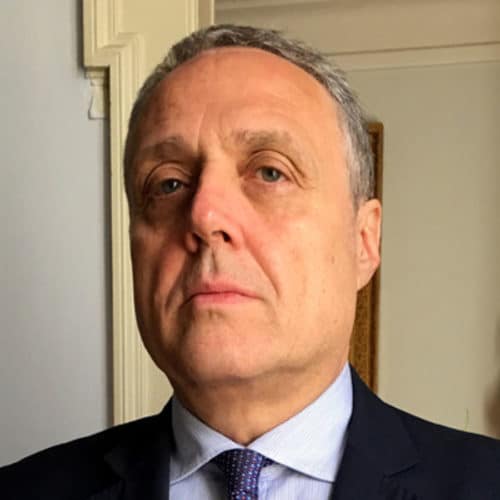
2 Vittorio Gregotti, La Scala architect
3 Jesus Velez, chorus tenor, Madrid
4 Jean Leber, French violinist, Conservatoire director
5 Manu Dibango, world music star
6 Terrence McNally, US playwright and librettist.
7 US jazz pianist Mike Longo
8 Italian film composer Detto Mariano
9 Saxophone star Marcelo Peralta
Rest their souls.
UPDATE: Week 2
His symptoms are mild, says the BBC.

God save the Queen.
The following letter appears in today’s Times newspaper. We understand it was organised by the conductor Jessica Cottis.
MUSICIANS’ PLIGHT
Sir, We are writing to highlight the devastating financial impact of Covid-19 on the lives of the 4.8 million freelancers in the UK, in particular the impact on musicians across our country. The chancellor has announced measures to protect employed workers but there has as yet been no comparable action taken to address the challenges faced by the self-employed. In addition to the loss of income incurred while one is ill or self-isolating, there is also the huge loss of work itself. Extensive cancellations have resulted in a devastating loss of livelihood for thousands of artists, with, for many, projected income over the next six months plummeting to zero.
Freelancers are taxpayers too. We encourage the government to ensure temporary wage protection for the self-employed as part of its emergency measures. Norway, for example, has agreed a crisis package whereby workers receive the equivalent of 80 per cent of their average pay over the past three years, taken from the 17th day after loss of income.
Music is integral to our human experience, and our creative industries (one of the fastest-growing parts of our economy) are a significant force of good in our country. We urge the government to support those who make it so.
Lorne Balfe, composer and producer; Alison Balsom, trumpeter; Nicola Benedetti, violinist; George Benjamin, composer; Karen Cargill, mezzo-soprano; Sarah Connolly, mezzo-soprano; Jessica Cottis, conductor; Nicholas Daniel, oboist and conductor; Iestyn Davies, countertenor; Kwabs, singer-songwriter; Snake Davis, saxophonist; Mahan Esfahani, harpsichordist; Baroness Gardner of Parkes; Ben Gernon, conductor; Jess Gillam, saxophonist; Thomas Gould, violinist; Barbara Hannigan, soprano and conductor; Amy Harman, bassoonist; Charles Hazlewood, conductor; Gavin Higgins, composer; Ollie Howell, composer; Steven Isserlis, cellist; Guy Johnston, cellist; Jennifer Johnston, mezzo-soprano; Sheku Kanneh-Mason, cellist; Miloš Karadaglić, guitarist; Yvonne Kenny, soprano; Soweto Kinch, saxophonist; Anna Lapwood, organist; Tim Lihoreau, classical music presenter; Julian Lloyd Webber, Principal, Royal Birmingham Conservatoire; Zoe Martlew, cellist; Colin Matthews, composer; Paul McCreesh, conductor; Anna Meredith, composer; Joseph Middleton, pianist; Peter Moore, trombonist; Nao, singer-songwriter; Chi-chi Nwanoku, double bassist; Jennifer Pike, violinist; Tom Service, writer; Francesca Simon, author-librettist; Mark Simpson, composer and clarinettist; Stuart Skelton, tenor; Nicky Spence, tenor; Mark-Anthony Turnage, composer; Laura Van Der Heijden, cellist; Simone Young, conductor
